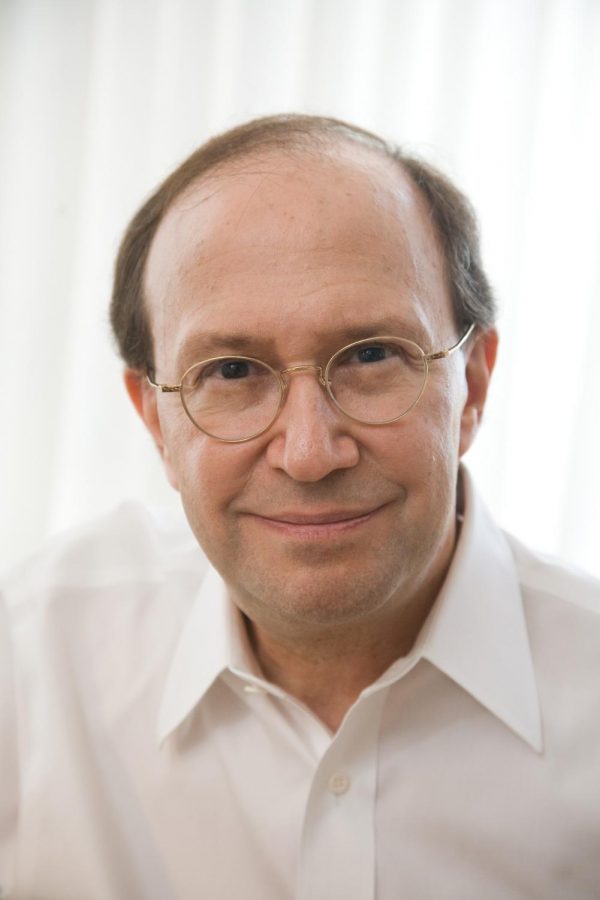UT-Austin professor named member to President Biden’s Council of Advisors on Science and Technology
October 5, 2021
The Biden Administration named UT computer science professor William Press as an advisor on the President’s Council for Science and Technology, which they say will prioritize the use of scientific data in policymaking.
Press was one of 30 scientists named as a member of the President’s Council of Advisors on Science and Technology on Sept. 22. He previously served as the vice-chair of the council under the Obama administration and is the only member to serve on both presidents’ councils besides Eric Lander, President Joe Biden’s science advisor.
In January, Biden wrote a letter to the council about the importance of basing decisions on scientific data. The letter said the council will focus on five main things including the COVID-19 pandemic, climate change and the long-term health of science and technology.
Press said he was honored to be named a member of the council.
“I think it’s very important that the group consult outside experts on these issues, find out what is the consensus of the scientific community broadly, including the industrial community, and then make recommendations that really have some sticking power,” Press said.
The council held its first meetings on Sept. 28 and 29., allowing outside experts to share their knowledge on the areas of focus, Press said.
“It’s not easy to solve just by a presidential directive,” Press said. “Part of the problem is that the actual responsibility for public health is not a federal responsibility. It resides in the states, and then it is delegated down locally.”
Stephen Jones Jr., who worked with Press as a postdoctoral researcher, said Press will be a valuable member of the President’s council because of his well-rounded scientific knowledge.
“He’s been doing this for years and years, and he still maintains that level of excitement,” Jones Jr. said. “Part of it is because he’s always working at the edges right at the frontier, so that’s an exciting place to be … He doesn’t shy away from those frontiers.”
Ilya Finkelstein, a molecular biosciences associate professor who has worked with Press for about five years, said Press has a broad understanding of science which allows him to make unique contributions to multiple scientific fields.
“People like (Press) will be making excellent recommendations to the policymakers to make sure that the most people get equitable access to these kinds of technologies and that we continue to fuel the engine of our economies with these breakthrough fields for many years to come,” Finkelstein said.












